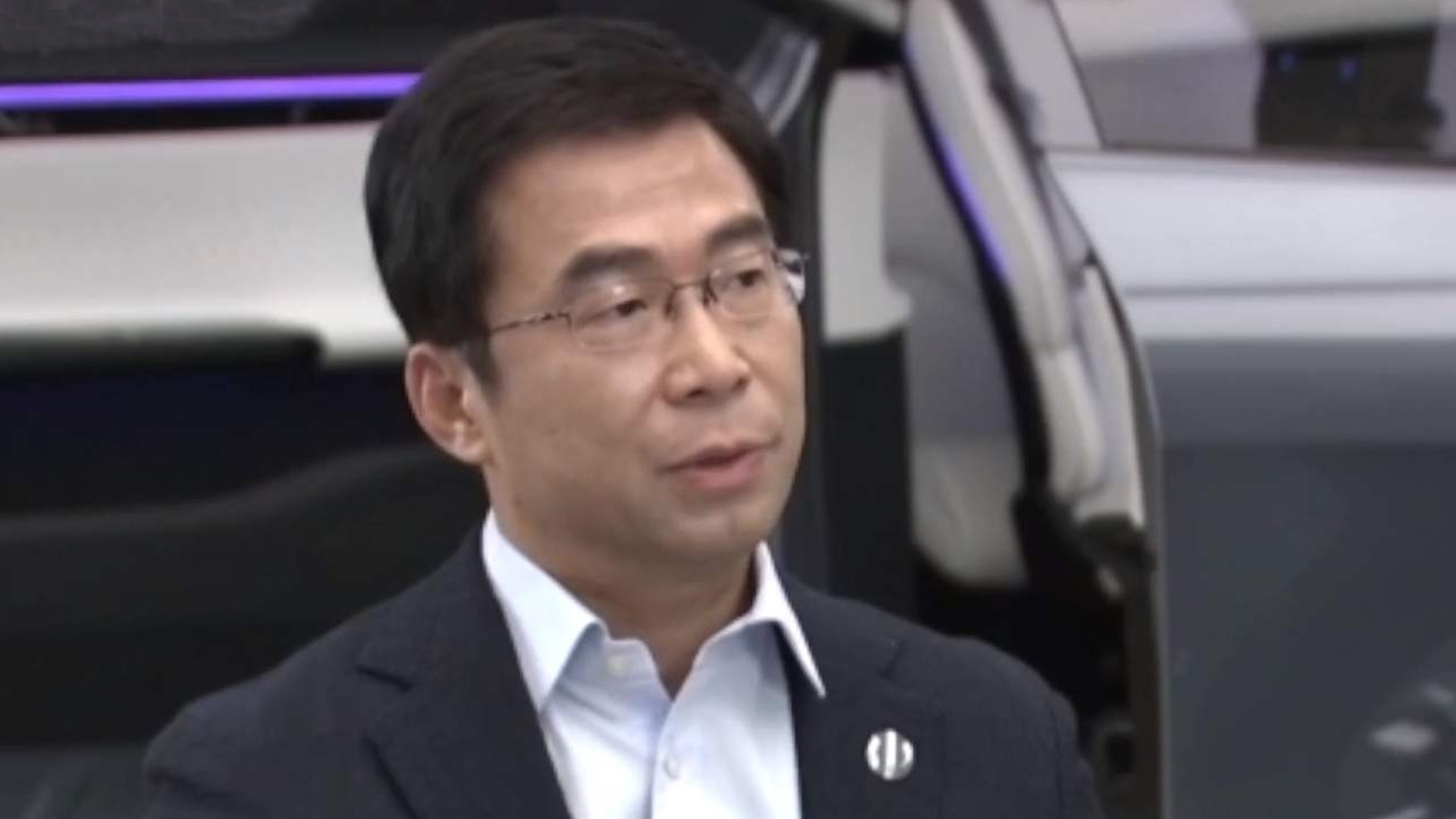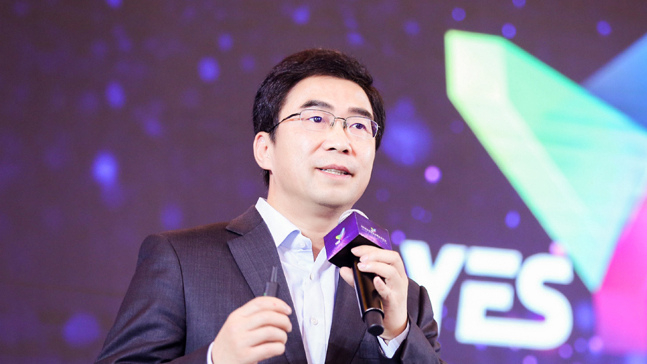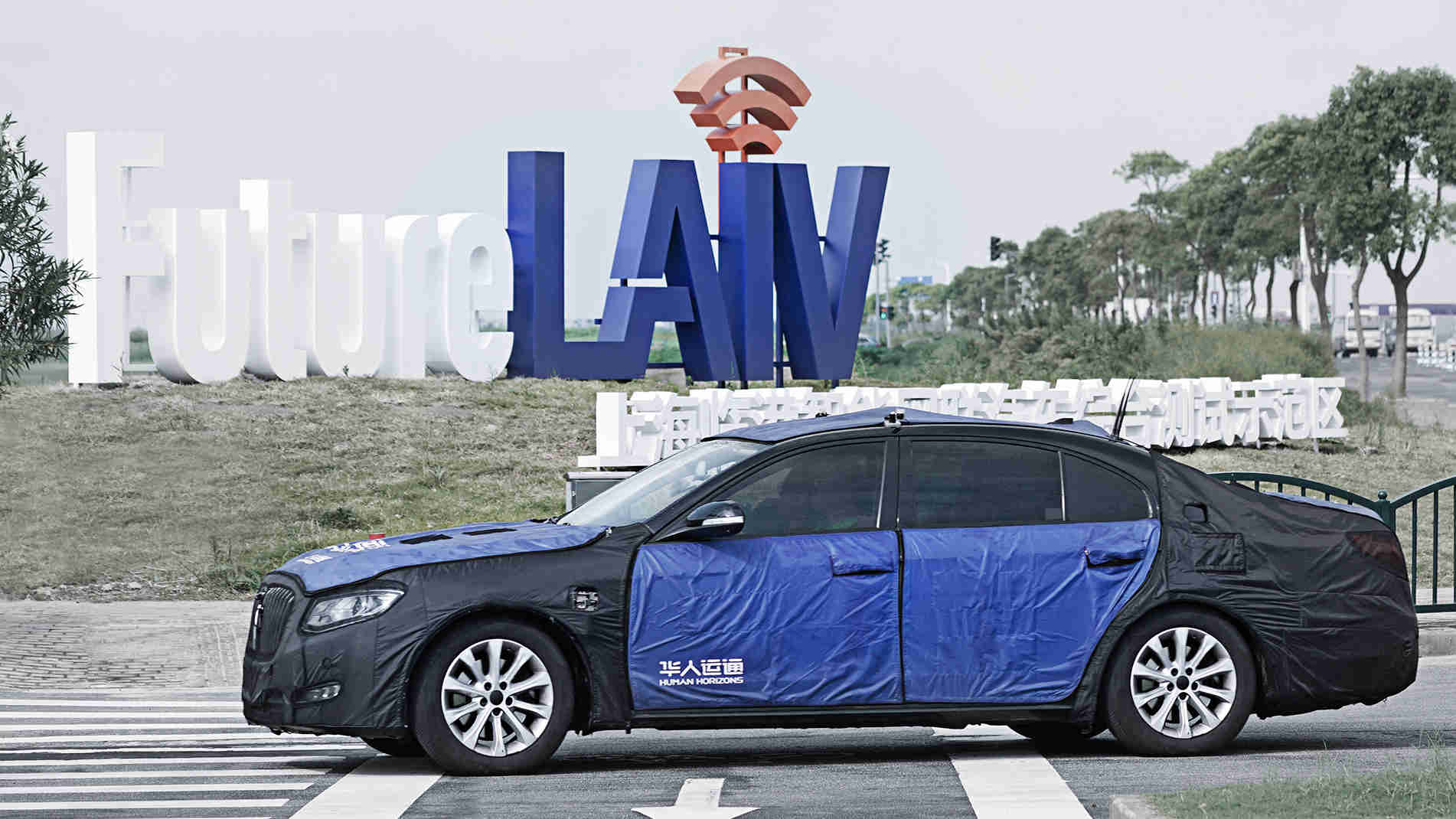

China has been the largest market for new energy vehicles (NEVs) since 2015. And the country has been the breeding ground for high-tech electric vehicle brands that aim to rival Tesla.
Chinese electric car startup, Human Horizons, is entering the market with its latest high-end SUV, and its founder, Ding Lei, believes his high-tech car can stand out in the industry.
The China Association of Automobile Manufacturers (CAAM) estimates that NEV sales in 2019 will increase to 1.6 million units, from 1.26 million in 2018. One of China's latest consumption-boosting measures issued by the State Council will ease restrictions on car purchases, including the purchase of new energy vehicles.
Production levels and quality have long been concerns in the industry, and Ding believes that converting the existing Internal Combustion Engine (ICE) vehicle factories into NEV production centers would tackle the problem.

Ding Lei, founder of Human Horizons. /Photo via Human Horizons
In his opinion, the manufacturing process of NEVs is very close to that of ICE vehicles. "Probably 99 percent of what you're seeing [is the same]," he noted.
"The power chain is only different, which means the ICE vehicles' production capacity will naturally be replaced by new energy vehicles, and we will not necessarily build a new capacity for a new energy vehicle," he argued.
Based on that thinking, Human Horizons in June tied up its cooperation with Dongfeng Motor, Yueda Group and Kia Motors, to mass produce its cars in 2021 in a joint venture plant run by all of them.
Established just over a year ago, Human Horizons has already developed innovative advanced technologies. Its new digital information platform, Human Oriented Architecture (HOA), will enable smart cars to act as mobile sensors and data sources, not only serving the vehicle users but also contributing to improving the efficiency of transportation management and city operation.
"So this car will be very smart. [The car] can link to road through 5G communication system," Ding introduced.
Meanwhile, the design of that smart system partly echoes Ding's thinking on autonomous driving. "We should not put all resources on the vehicle," he opined.

An autonomous car developed by Human Horizons in Lingang District, Shanghai. / Photo courtesy of Human Horizons
He emphasized on the development of smart infrastructure, saying "We set up a strategy with smart cars, smart roads and smart cities. Those developments need to be combined together."
Human Horizons has cooperated with many local authorities, including Yancheng City in Jiangsu Province and Lingang District in Shanghai, to develop smart infrastructure.
Human Horizons is not only an engineer of smart cars, but also a participant in the construction of roads, Ding told CGTN.
(CGTN's Yang Chengxi also contributed to the story)

Copyright © 2018 CGTN. Beijing ICP prepared NO.16065310-3
Copyright © 2018 CGTN. Beijing ICP prepared NO.16065310-3